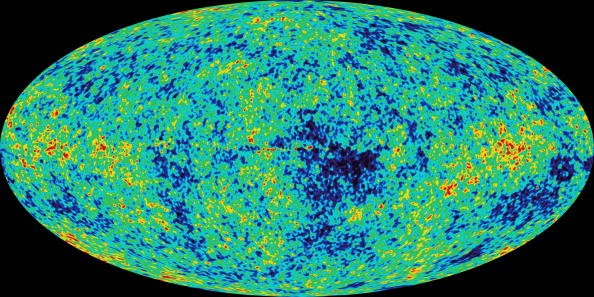Recently, the former chief technologist at Microsoft, Nathan P. Myhrvold, accused NASA of using "bad science" and flawed methods to estimate the size of the asteroids. Now, NASA has hit back on him for making "profound calculation errors" while making the claims.
Myhrvold jot down his calculation in a 110 pages long paper that has not been peer-reviewed yet. In his thorough analysis, Myhrvold shot an aim at NASA's Wide-Field Infrared Survey Explorer spacecraft (WISE) that specifically looks at the heat signatures of asteroids that may, someday, hit Earth.
These heat signatures are specifically converted to size estimated with the help of empirical models that are a part of a project called Neowise. These mathematical models have been created by NASA researchers, based on what they have observed so far about individual asteroids.
A report published by the New York Times first revealed about the nature of Myhrvold's study. The report explains how Myhrvold's study debunks the statistical methods used by NASA scientists to estimate the size of the asteroids covered in the Neowise Mission.
According to the techie - who happens to hold a degree in physics, but has no experience with asteroids - NASA scientists do not take into consideration the Kirchoff's law of thermal radiation and the margin of error while making the calculations.
Meanwhile, NASA researchers have slammed back at Myhrvold saying that he does not even have an idea about any of the statistical methods used by them.
"For every mistake I found in his paper, if I got a bounty, I would be rich," Ned Wright, principal investigator for WISE told Science Magazine.
On the other hand, Amy Mainzer, the principal investigator for Neowise says that much of her project's calculations have already been reproduced and confirmed. Observations taken by Neowise match the data gathered by Japan's Akari, a recently operated infrared telescope.
Moreover, Mainzer's work has already been peer-reviewed, unlike Myhrvold's paper. While experts seem to have found no error in her paper, Myhrvold has plenty to point out. Myhrvold has submitted his paper to journal Icarus for publication, however, it has not been approved yet.
The following video shows Nathan P. Myhrvold talk about his fascinations in life:



























